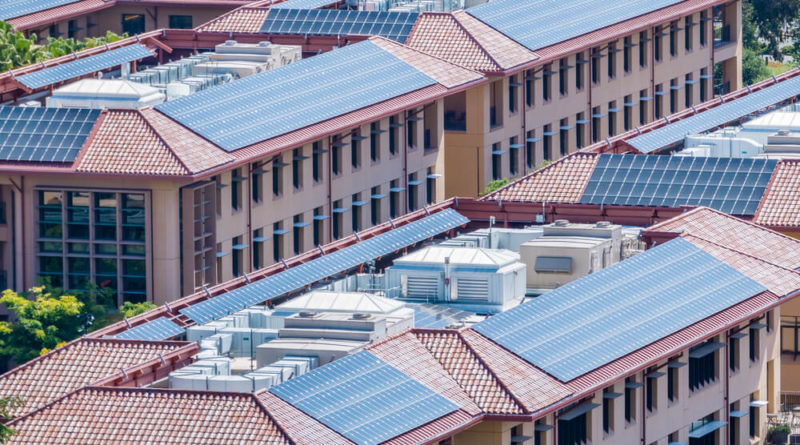Trump Admin Plans to end Subsidies for EVs & Renewables
 A dirty Word for the Trump Admin
A dirty Word for the Trump Admin
The White House economic adviser Larry Kudlow, said yesterday that the Trump administration is looking to end subsidies for electric cars and other items, including renewable energy sources.
Kudlow, responding to questions regarding the closing of plants by General Motors and the consequent layoffs last week, said the government currently offers between $2,500-7,500 tax credit to any consumer who purchases an electric vehicle, including those made by GM. Fazed by the decision to close its plants, President Trump last week threatened to eliminate subsidies for GM in retaliation for the company’s decision. However, Kudlow made it clear that any changes in subsidies would not just affect GM. “I think legally you just can’t,” he said.
“As a matter of our policy, we want to end all of those subsidies,” Kudlow said. “And by the way, other subsidies that were imposed during the Obama administration, we are ending, whether it’s for renewables and so forth.” When asked about a timeline on when he believes the subsidy cuts could come into effect he added, “It’s just all going to end in the near future. I don’t know whether it will end in 2020 or 2021.”
The Trump Admin has been notable for stubbornly resisting any attempts to face up to climate change, or even the environmental damage being caused by the fossil fuels industry in the US. If anything, the administration has seemed intent to accelerate the situation to a crisis, thanks to a dogged determination to protect coal, and now, push back on EV’s and renewables.
Under the federal law, tax credits are capped at 200,000 vehicles for each manufacturer of electric vehicles after which the subsidy phases out. For Tesla, the fastest growing EV brand in America, the threshold was crossed in July this year and GM expects to hit the number by the end of the year. The current law would see their tax credit schemes completely phase out by the end of the second and fourth quarters of 2020.
The White House cannot change the cap (200,000) unilaterally. Democrats will take control of the U.S. House in January and are unlikely to agree to end subsidies for electric cars and many have been in fact pushing for additional incentives. Tesla and GM have tried and failed to pursue the Congress for months to lift the cap on electric vehicles or make other changes, and in the best case scenario will now have to wait out the change in Congress.
As always, when it comes to the environment, it looks like the Trump admin is pushing the responsibility to individual states and cities to mitigate the effects of pollution and climate change. One wonders if, at the end of it all, they will call that a strategy all along.
Read More: COP24: World Bank Raises Climate Funding target to $200 billion






